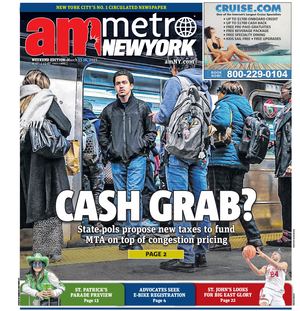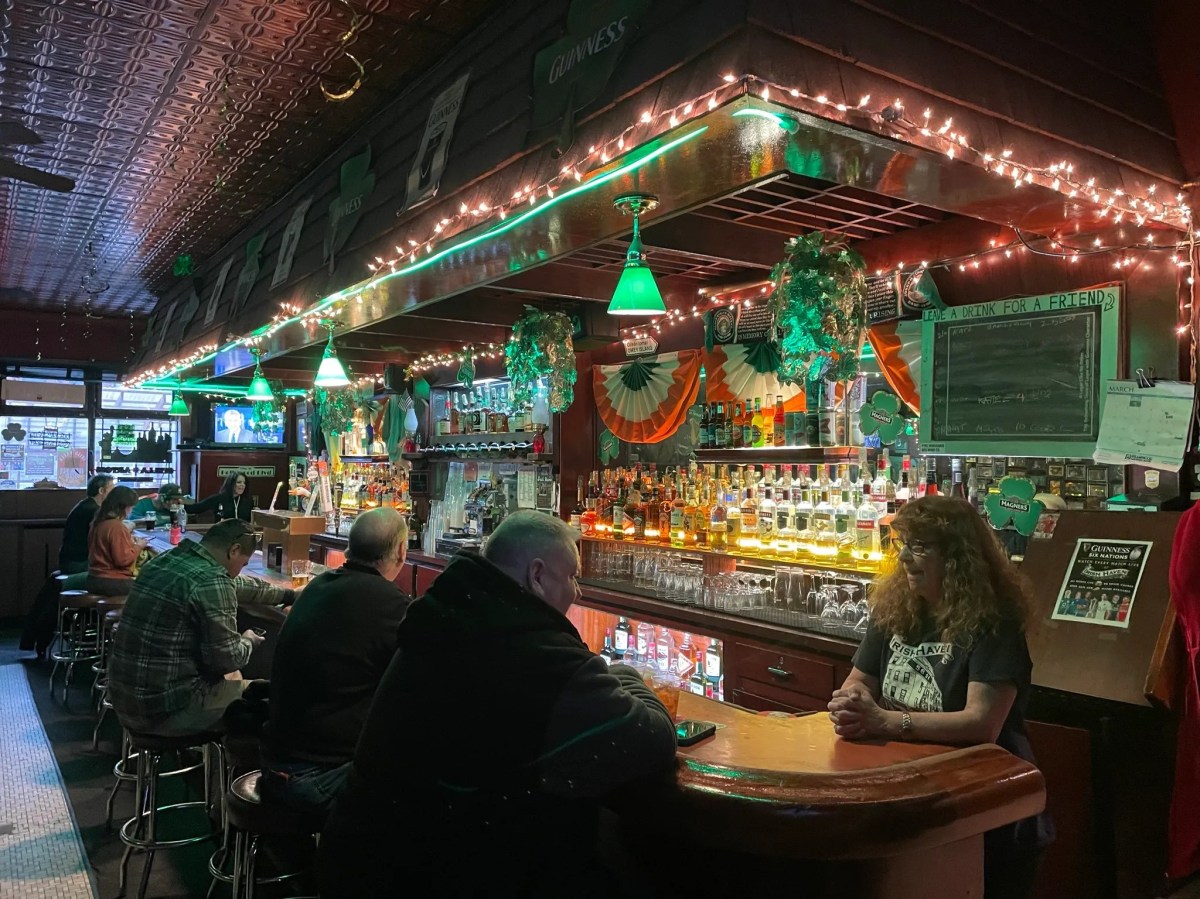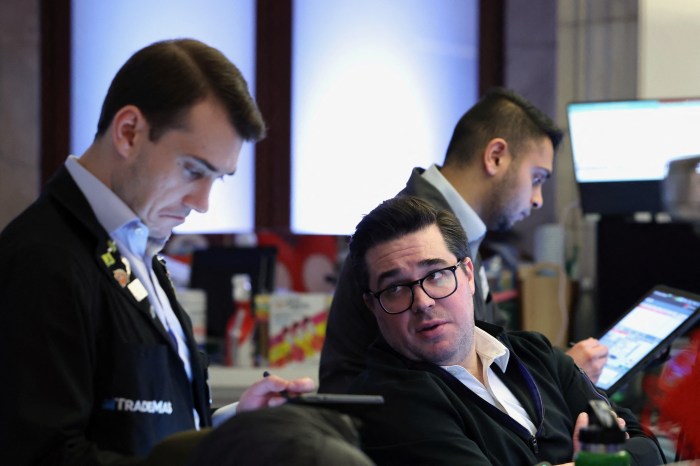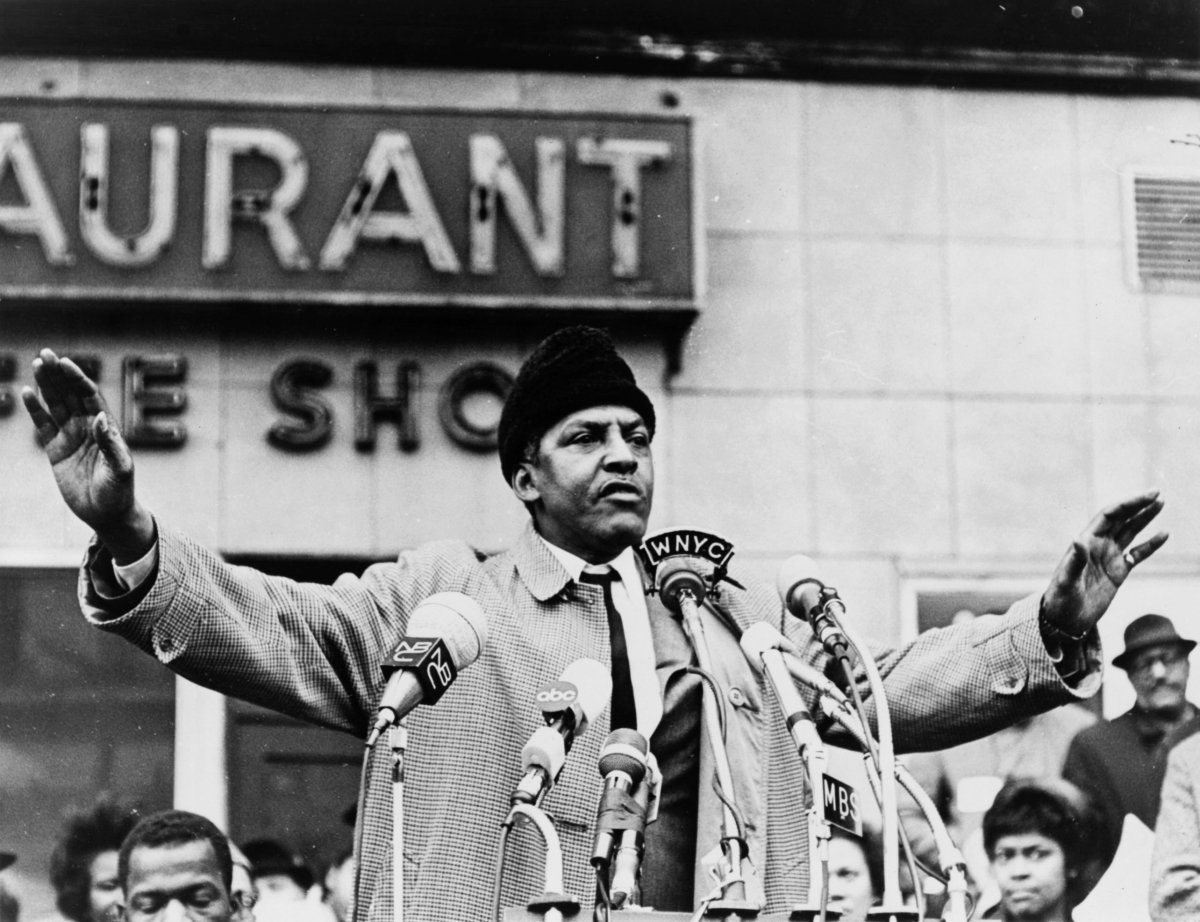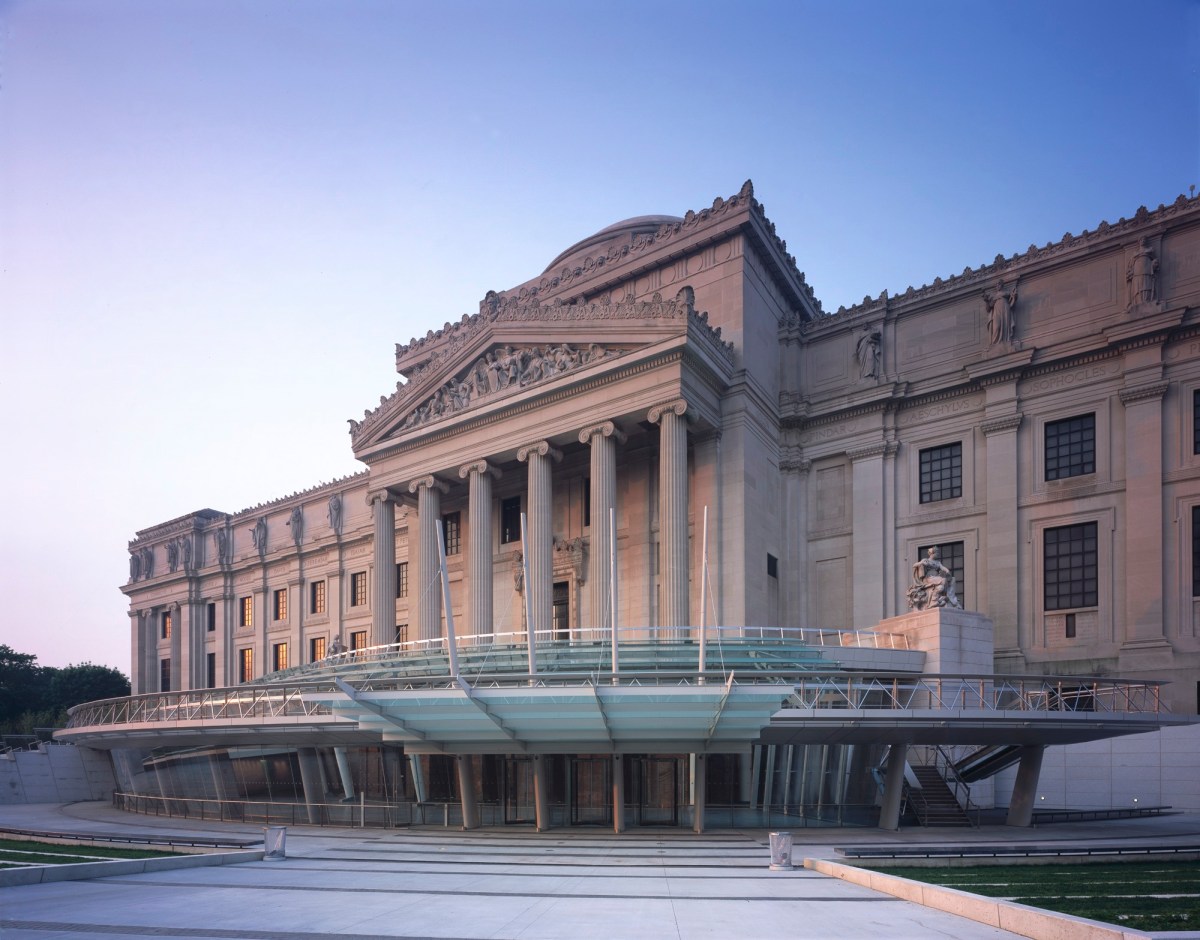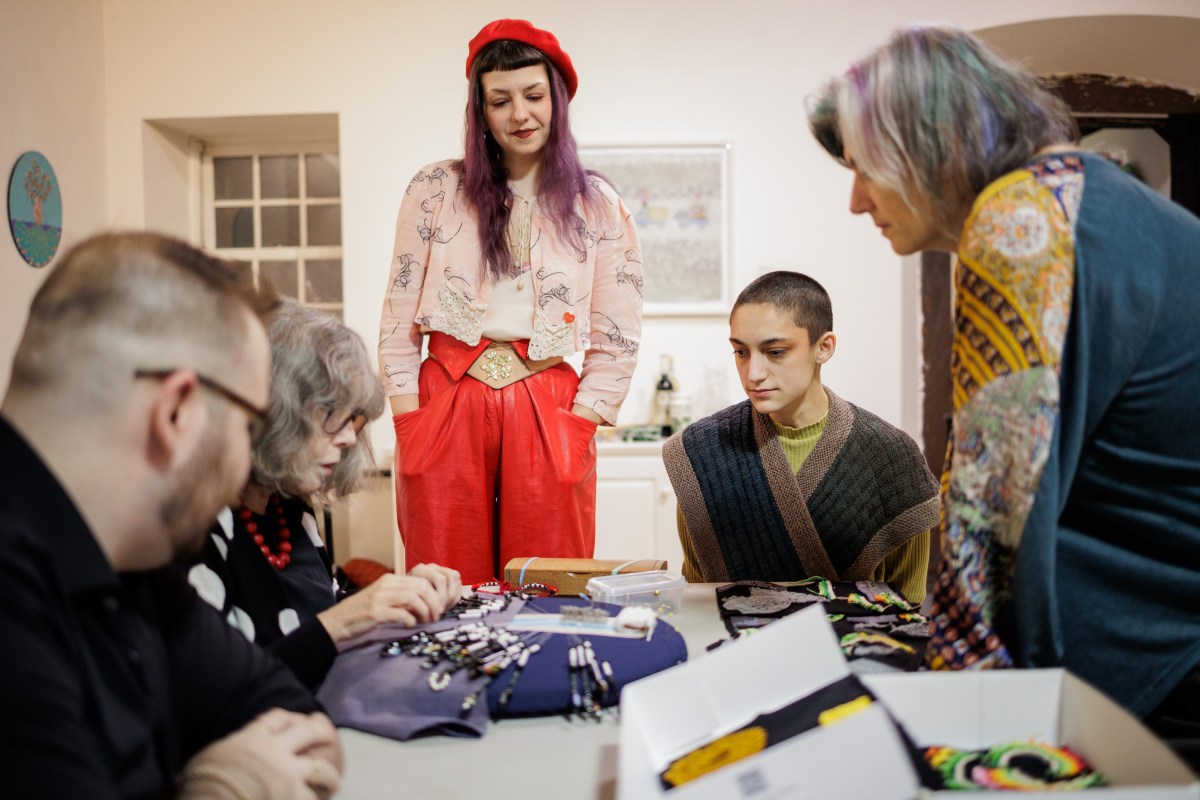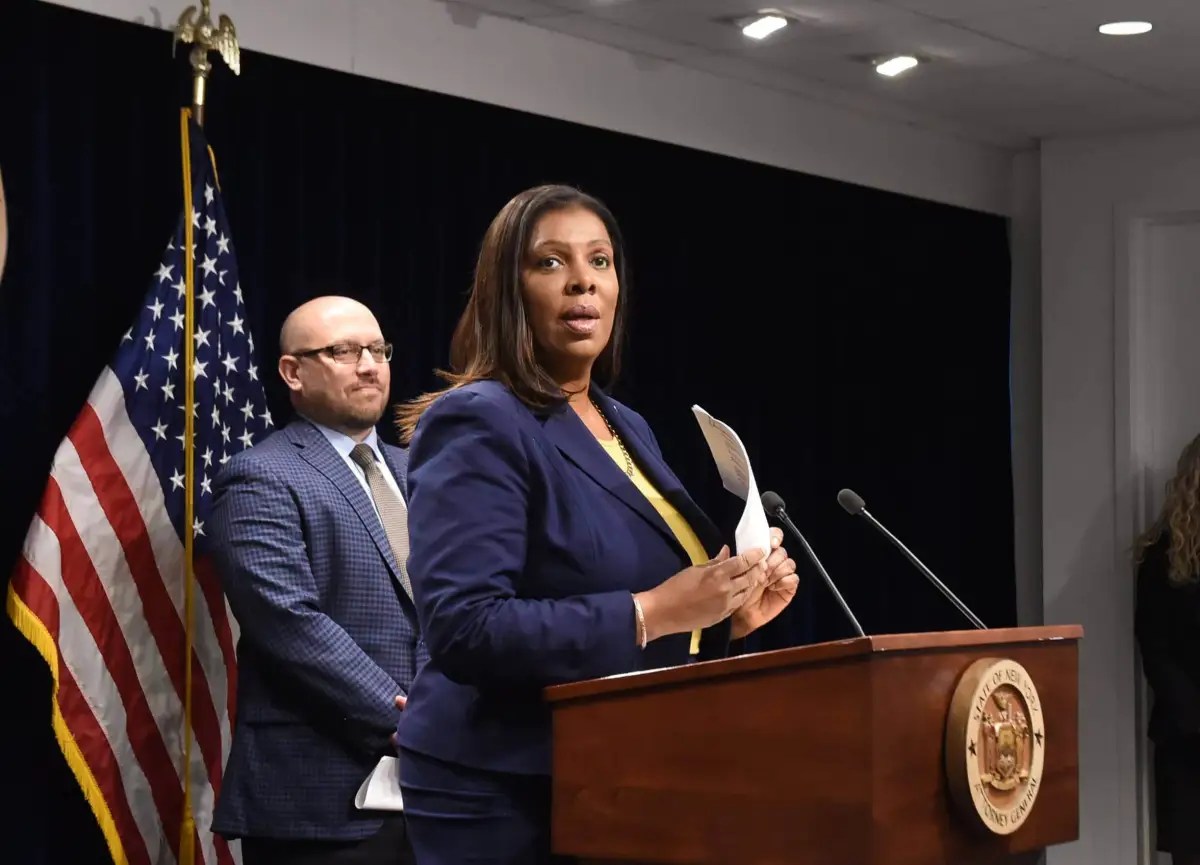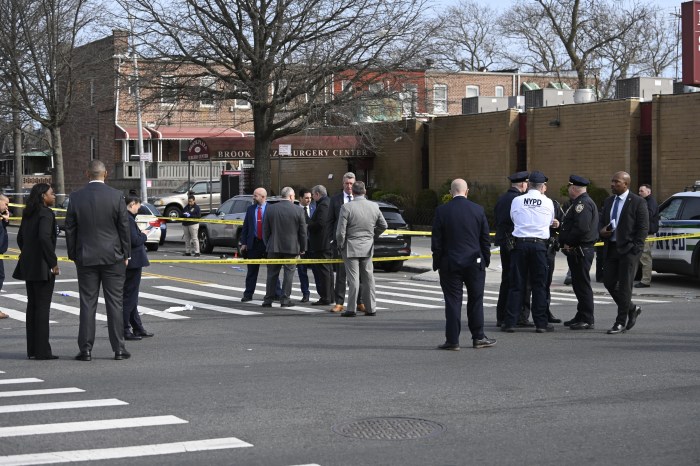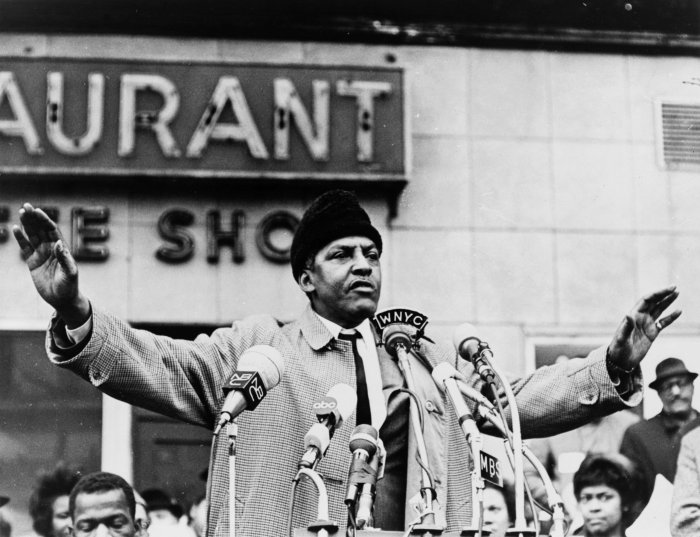You may recognize radio personality TT Torrez’s voice from her time on air at the hip-hop station Hot 97 in the first few months of 2014.
Torrez got her start in radio during her freshman year at Norfolk State University in Virginia, and she was on air full time at WCDX-FM in Richmond after graduating. Today, she works behind the scenes as Hot 97’s music director at its studio on Hudson Street.
We chatted with Torrez to find out what it takes to become a pop radio DJ. The position operates in four- to five-hour shifts on air, and the annual salary in a city like New York, combined with outside opportunities such as hosting events, can amount to anywhere from $80,000 to $250,000, she said.
What is a pop radio DJ’s job?
You’re primarily responsible for driving ratings on the station, which means you entertain, you talk about whatever you see is relevant for the marketplace. You spend about 30 minutes to an hour prepping for your show, looking for things to talk about, doing interviews. You’re preparing yourself for a radio shift. It’s not like a normal 9-5. Everything is in the creative space. The only thing you may have to do outside of production, you may have to come in and voice commercials, but everything is really creative.
Can you describe a typical workday?
You come in, you prep for your show, look for what’s going on. I spend a lot of time looking at social media, seeing what’s trending. I pick up the New York Post, the Daily News. I spend a lot of time researching exactly what I want to talk about getting on the air. If I have an interview, I may spend time interviewing someone before I get on air, depending on how I want the show to play out.
How is the job difficult?
It’s really about balancing your time because radio is not a 9-5 job. You don’t have a set schedule in terms of what time you’re off. Realistically, you’re not really getting off at 6 p.m. Sometimes you might have an event you have to host. After the radio, you have to prep hair and makeup and then head to the event and host it for two hours. A lot of radio personalities have outside hustles, you have to go to your [SiriusXM] show, or your television appearance.
What kind of person sounds good on air?
You need to be engaging and you need to be able to connect with people. People should have an opinion about you. Either they love you or they hate you, but it doesn’t matter as long as they have an opinion. [DJs] know how to bring people into their world, and that’s very important. You have to feel like someone that people already know even though they’ve never met you. You have to have charisma.
Are there any degree requirements?
You would go to school for communications, broadcast journalism, but a radio personality is so different, unlike any other career. It’s not a field where you need a degree per se, it’s really a field about who you know and how well you are connected.
So how else would you get started?
You can come in on the street-team level and work your way up, and you don’t need a degree for that. Or start working at your on-campus radio station and really learn the mechanics of how to put together a board, how to run an on-air check, that can really be taught through your school.
How would someone apply for the job?
You could go online, apply, send your resume, send your cover letter, but also you need to have an air check, which is basically a four- to five-minute clip of how you sound on the radio. You would have that recorded, whether it’s a studio, whether it’s at your local college station.
Do you have any tips for what to put in a cover letter?
I think it’s always good to tell us what you’ve done so far. So, if you have worked at your college radio station, put that in your cover letter. If you’ve interned somewhere, put that in your cover letter.
What personality traits stand out in an interview?
You definitely want to make sure that you’re engaging. How well do you communicate? It’s all about how you present yourself. How you dress, how do you present your resume, if you have a demo, a video, a visual of things that you’ve done digitally, that’s important. If you want to stand out then you should do a presentation. Radio is very competitive and the radio industry is shrinking and there aren’t as many jobs as there used to be, so what makes you stand out? You should have a digital package of things that you’ve done, your Instagram followers. You should have some of that for people to see.
Do you ask the person to offer any ideas?
A program director could ask you, “If I hired you tomorrow, what would your show consist of? What type of people would you like to interview?” And [your answer] should be based around the format that you’re actually trying to get into. So for hip-hop, [say] “I would love to interview Diddy about X, Y, Z.” You should definitely know what is needed in your format and how you could make it better.
Do you have any general tips for recent grads who are looking for jobs?
If you’re in school, you should be interning, interning, interning, building your connections, because that’s so important for you to have a solid connection with people in radio before you graduate. Find your way, not just in the programming aspect but intern in sales, intern in promotions. Look at all these other awesome avenues that are in radio. And if you really want to be a radio personality you should connect with the local radio personalities. Go to the club. A lot of them host at a lot of different places so you should definitely try to connect with them on some level.
